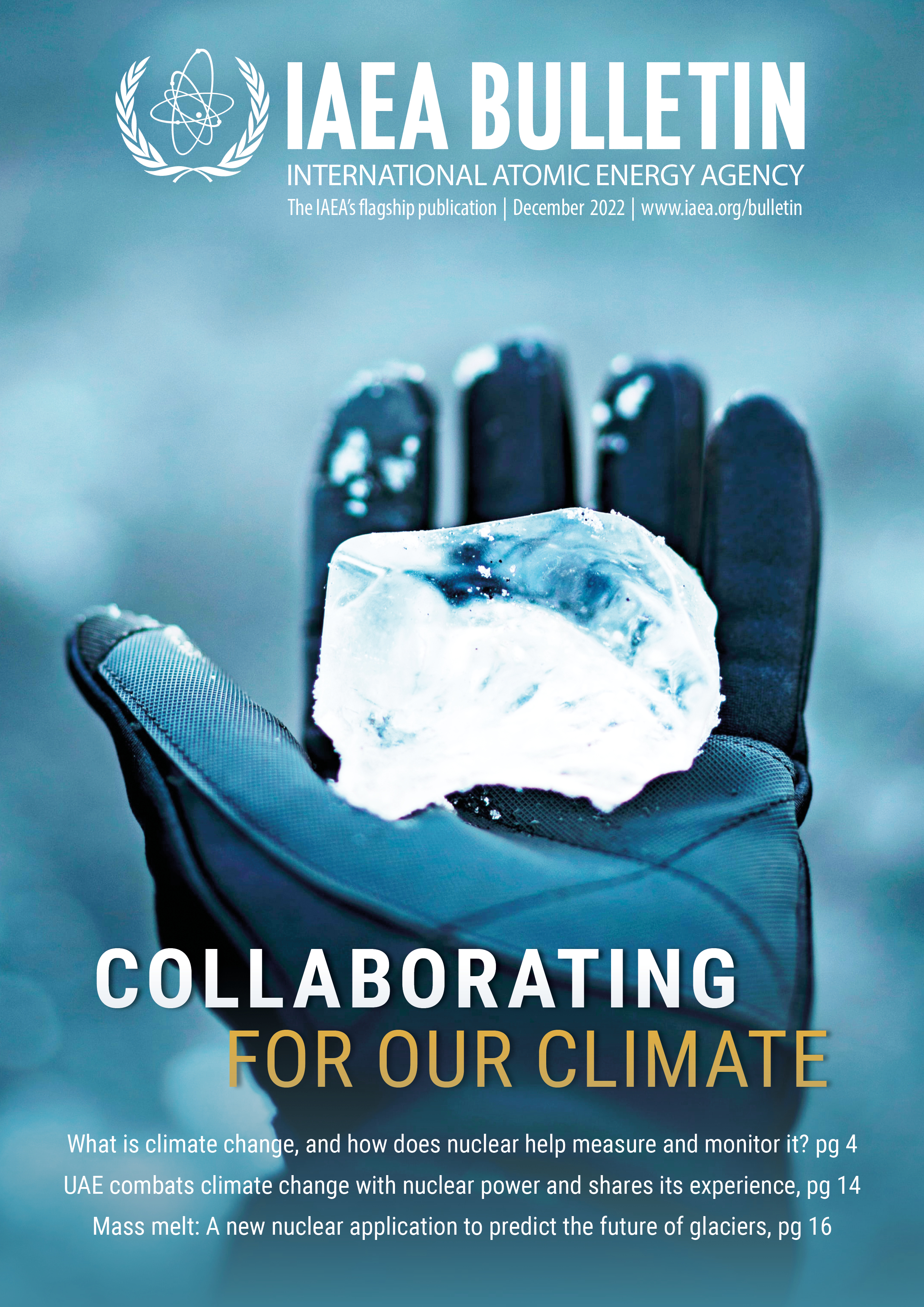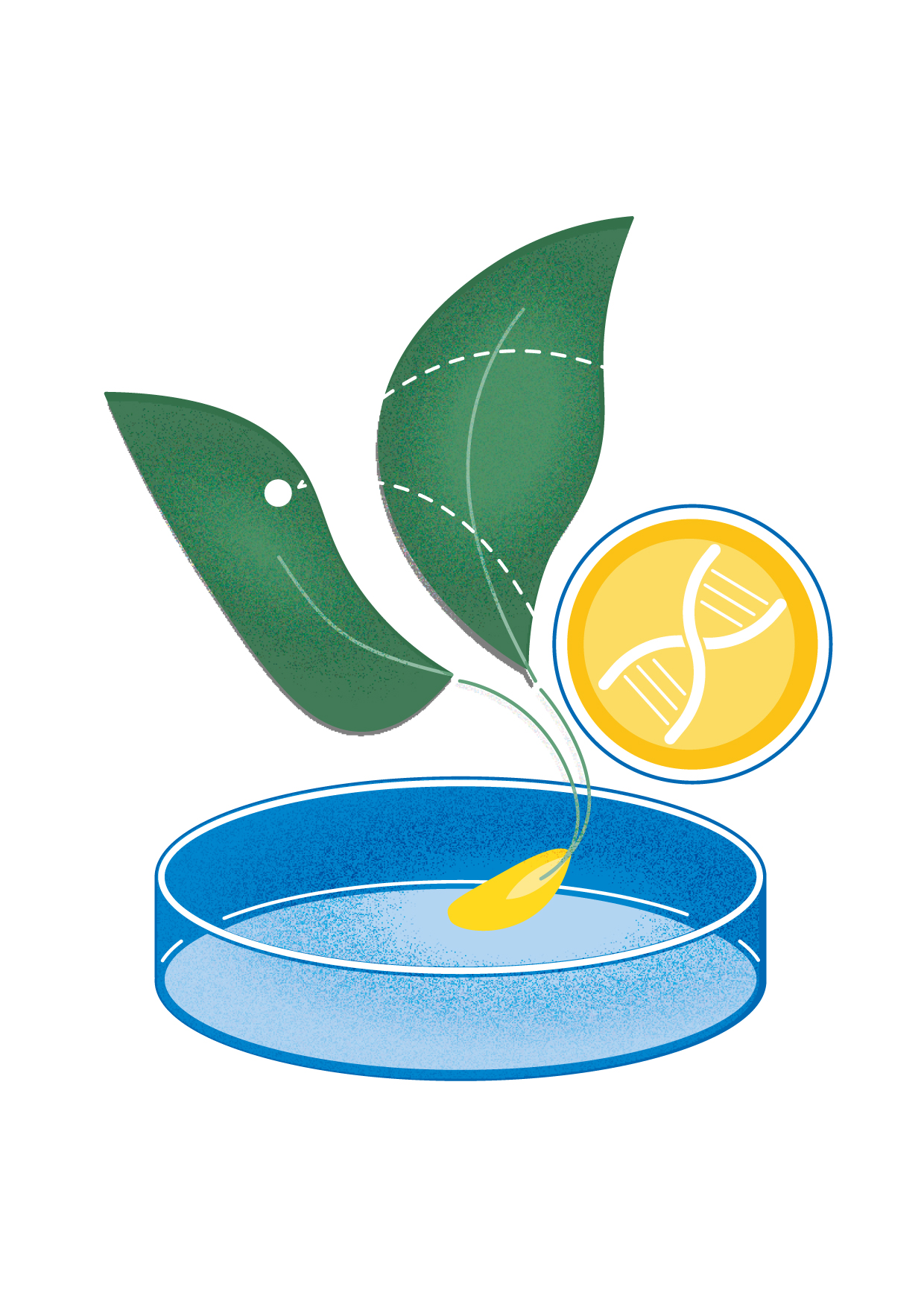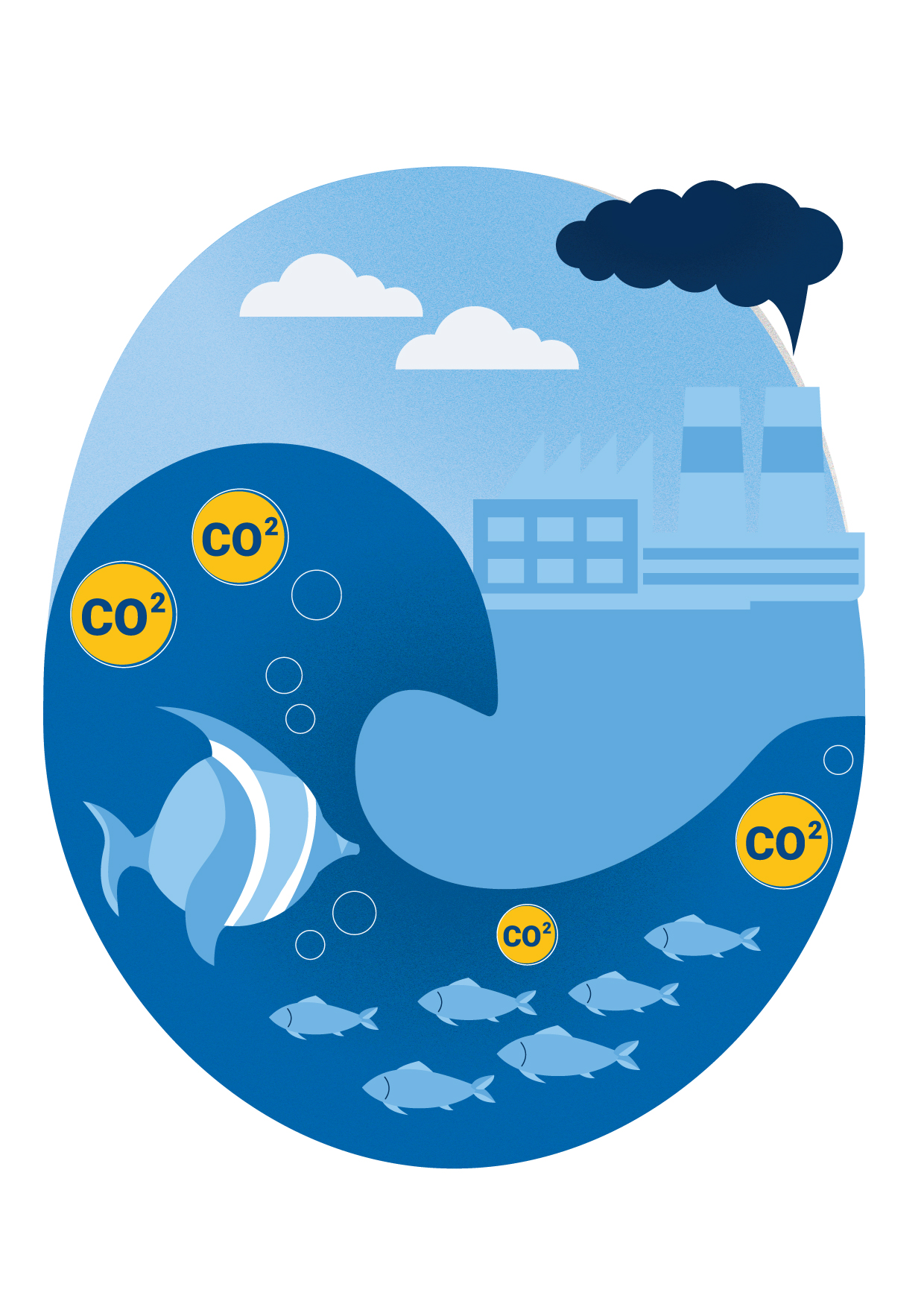Global partnerships are essential for combating climate change, with some of the most impactful delivered through South–South and triangular cooperation.
South–South cooperation is the mutual exchange of knowledge and resources between countries in the Global South, including Latin America and the Caribbean, Asia and the Pacific, and Africa. As countries improve their expertise and infrastructure regarding nuclear science and technology, their experience and skills become a valuable source of knowledge for others attempting to follow a similar path.
Triangular cooperation involves the participation of third parties, such as donor countries or international organizations, in South–South initiatives in order to accelerate progress.
The IAEA seeks to promote partnerships with and between countries in the Global South. Through South–South cooperation, the IAEA’s technical cooperation programme helps them to apply nuclear and related techniques to address development challenges, including those related to climate change.
The IAEA brings countries together to find solutions collectively through a range of regional and interregional projects, designated Collaborating Centres and regional training centres, as well as the four regional cooperative agreements:
- the African Regional Co-operative Agreement for Research, Development and Training Related to Nuclear Science and Technology (AFRA);
- the Co-operative Agreement for Arab States in Asia for Research, Development and Training related to Nuclear Science and Technology (ARASIA);
- the Regional Co-operation Agreement for the Promotion of Nuclear Science and Technology in Latin America and the Caribbean (ARCAL), and
- the Regional Co-operative Agreement for Research, Development and Training Related to Nuclear Science and Technology for Asia and the Pacific (RCA).




